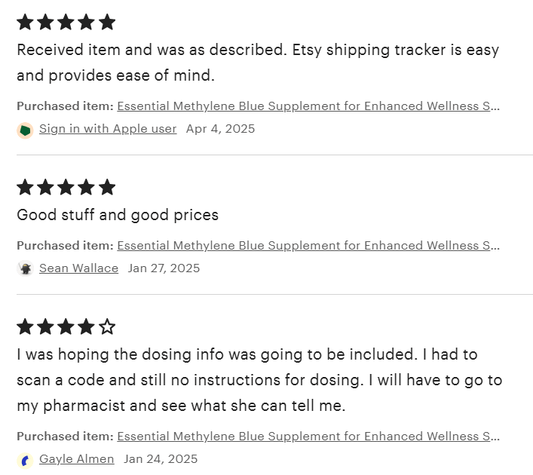In today's fast-paced world, stress has become a constant companion for many of us. Whether it's the demands of work, the pressures of family life, or the constant bombardment of information, stress can take a toll on our physical and mental well-being. However, with the right strategies, you can learn to manage stress and reclaim your sense of balance and well-being.
Identify the Sources of Your Stress
The first step in managing stress is to identify the sources of your stress. Take some time to reflect on the situations, events, or people that trigger feelings of anxiety, tension, or overwhelm. Once you've identified the root causes, you can start to develop strategies to address them.
Practice Relaxation Techniques
Incorporating relaxation techniques into your daily routine can be a powerful way to manage stress. Activities like deep breathing, meditation, yoga, or simply taking a few minutes to unwind can help to calm the mind and body, reducing the physical and emotional symptoms of stress.
Prioritize Self-Care
It's easy to neglect our own needs when we're juggling multiple responsibilities, but self-care is essential for managing stress. Make sure to get enough sleep, eat a healthy diet, and engage in regular physical activity. Taking care of your basic needs can help to boost your resilience and improve your ability to cope with stressful situations.
Seek Support from Others
Connecting with friends, family, or a support group can be a valuable way to manage stress. Sharing your experiences and feelings with others can help to provide a sense of perspective and reduce feelings of isolation. Additionally, engaging in social activities can be a great way to take a break from the stressors of daily life.
Practice Time Management
Effective time management can be a powerful tool for managing stress. By prioritizing your tasks, setting realistic goals, and learning to say "no" to non-essential commitments, you can reduce feelings of overwhelm and improve your overall productivity.
Embrace a Positive Mindset
Finally, cultivating a positive mindset can be a powerful way to manage stress. By focusing on the things you're grateful for, practicing self-compassion, and reframing negative thoughts, you can reduce the impact of stress on your mental and emotional well-being.
Remember, managing stress is an ongoing process, and it may take some experimentation to find the strategies that work best for you. By incorporating these techniques into your daily life, you can learn to navigate the challenges of modern life with greater ease and resilience.






